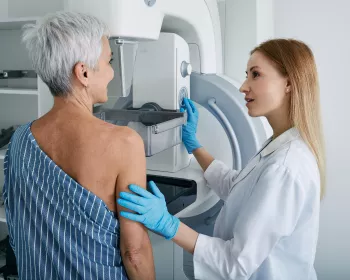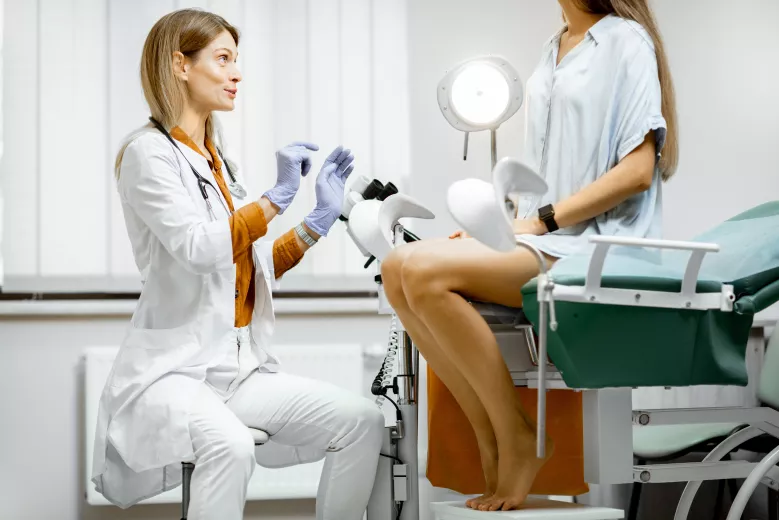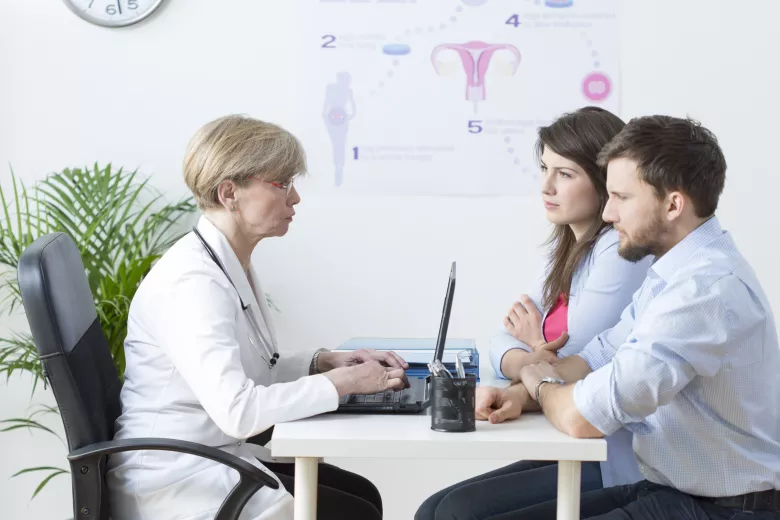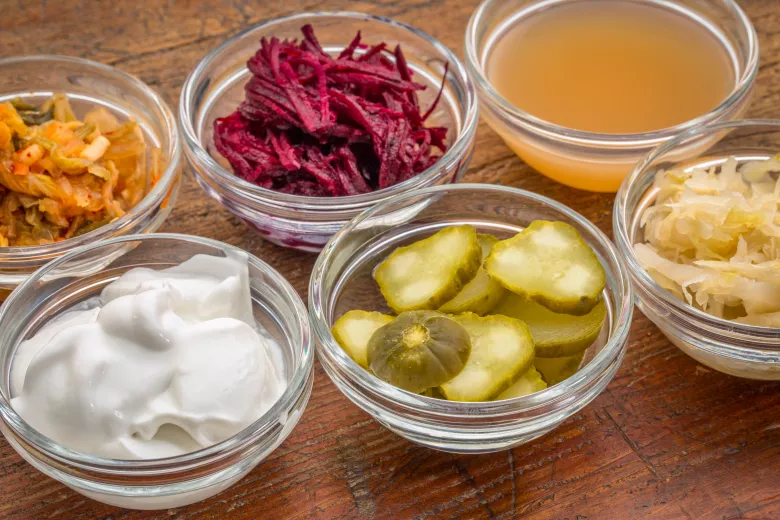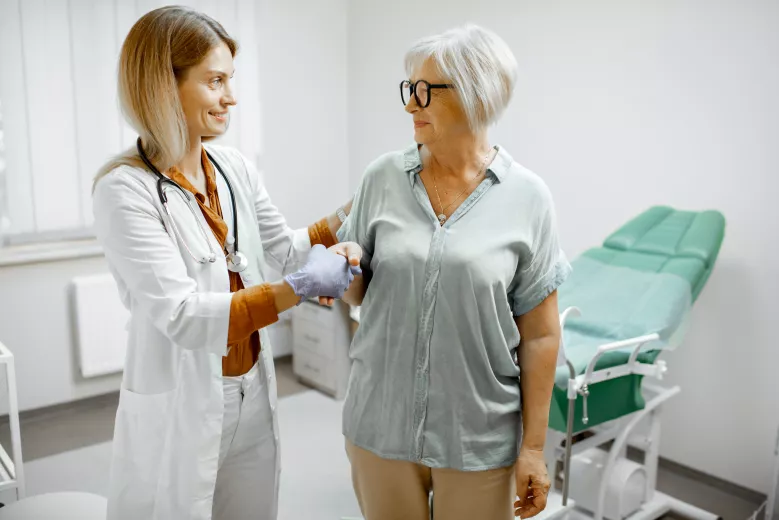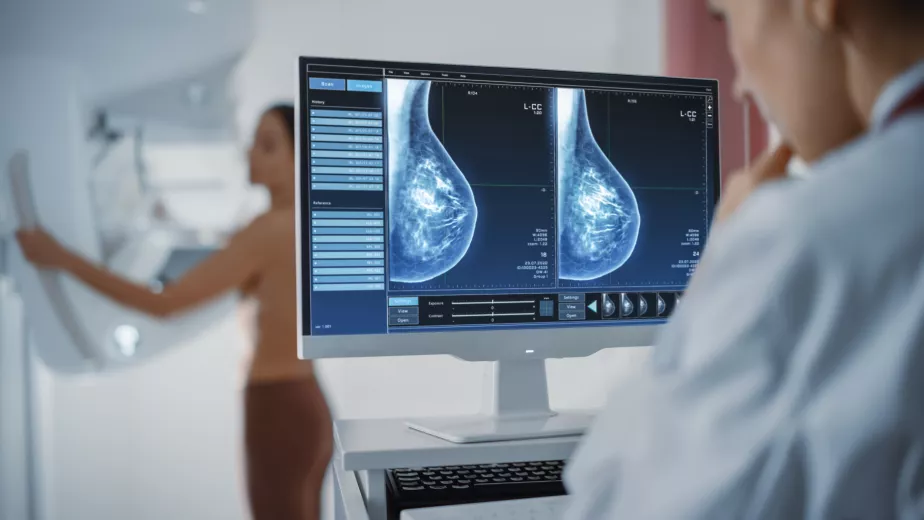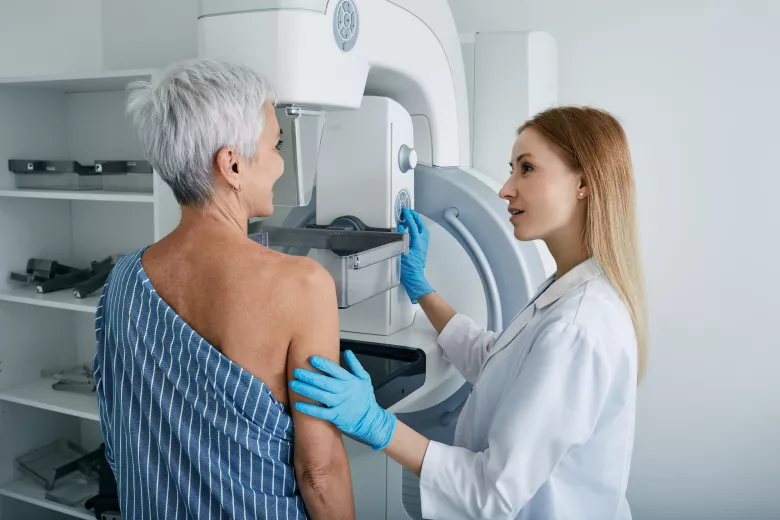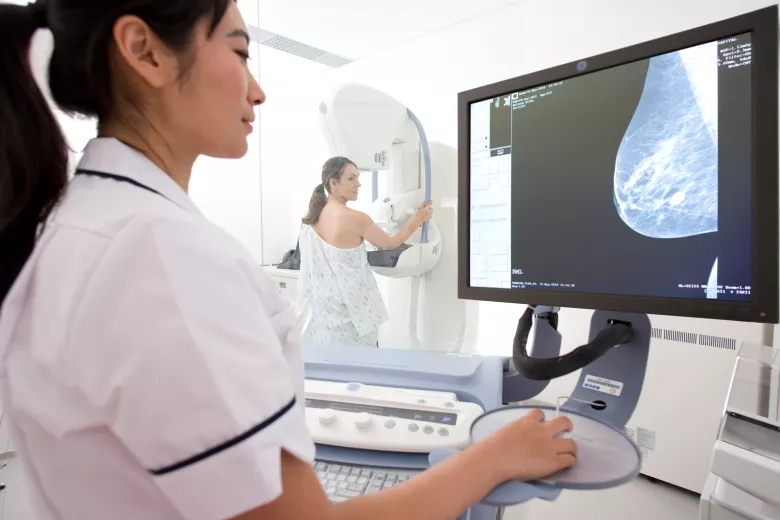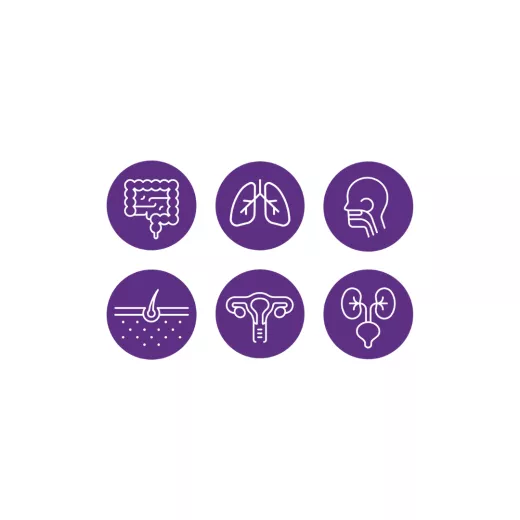Microbiota changes in womanhood
What happens to your microbiota as you move through adulthood and why does it matter? From hormonal shifts to chronic diseases, cancer risk, mental health, and libido, scientific research reveals that imbalances in gut, vaginal, skin, and even seminal microbiota can deeply affect women’s health. How do hormones, contraceptives, stress, or aging shape your microbial ecosystems? Can daily habits or diet help restore balance?
Explore the gut-brain axis, intimate microbiota, fertility, and inflammation to understand how supporting your microbiota can promote well-being, prevent disorders, and improve quality of life at every stage of adult womanhood.
- Learn all about microbiota
- Microbiota and related conditions
- Act on your microbiota
- Publications
- About the Institute
Healthcare professionals section
Find here your dedicated section
Sources
This article is based on scientific information
Sections


Vaginal, intimate balance & microbiota
The female microbiota plays a crucial role in sexual health, menstrual health, fertility, and vaginal diseases. How do hormones, contraceptives, and microbial imbalances shape these areas? Discover the latest scientific insights into the connections between the microbiota and intimate health.
Sexual health, STDs & microbiota
Long overlooked, the links between sexual health, STDs, and the vaginal microbiota are now a growing focus in research, highlighting how microbial ecosystems may influence infection risk, protection mechanisms, and overall intimate balance.
Contraception & microbiota
Emerging studies suggest contraceptives may alter the vaginal and gut microbiota, potentially affecting infection risk, inflammation, and reproductive health. How do hormones, IUDs or pills shape our intimate microbial ecosystems?
Menstrual health & microbiota
Menstruation triggers shifts in hormones, immunity, and microbial balance. Emerging research reveals how the vaginal and gut microbiota may influence pain, endometriosis, and infections. Could microbes help us better understand menstrual health?
Fertility, pregnancy & microbiota
The role of the microbiota in fertility and pregnancy is a growing area of research. Could a balanced vaginal and gut microbiota improve conception rates and reduce risks of miscarriage or complications during pregnancy?
Vaginal diseases & microbiota
Vaginal health is strongly influenced by the microbiota. Imbalances can lead to pathologies such as bacterial vaginosis, yeast infections and cystitis. What role do these microbial changes play in the development and treatment of vaginal diseases?

Women's hormones & microbiota
Hormonal changes throughout a woman’s life, particularly during menopause, can significantly impact the vaginal, gut, and skin microbiota. How do these shifts influence health ?
Can managing the microbiota help balance hormones for better well-being? Discover the latest research here.
Hormonal balance and microbiota
Hormonal changes, such as those during menopause, influence the microbiota, impacting vaginal, gut, and skin health. How do these shifts affect overall well-being, and can managing the microbiota help maintain hormonal balance?
Menopause & microbiota
Menopause triggers hormonal changes that affect the microbiota, particularly in the vaginal and gut areas. How do these shifts influence inflammation, urinary health, and overall well-being, and what new solutions are emerging to manage them?

Chronic diseases, cancers & women's microbiota
Can gut microbiota imbalances increase the risk of cancer, chronic inflammation, or infertility? Disruptions in gut, vaginal, or seminal microbiota may impact IBD, IVF outcomes, and tumor progression opening new avenues for prevention, diagnosis, and therapeutic innovation. Maintaining microbial balance could become a key pillar of Women lifelong health.
Microbiota and cancer: from risk factors to treatment
How does the gut, breast or vaginal microbiota influence cancer risk and treatment? Discover how microbial balance impacts breast and cervical cancer, from pain management to immunotherapy success. Science reveals powerful new allies in cancer care.
Infertility & microbiota
Can microbiota imbalances cause infertility? Discover how gut, vaginal and seminal dysbiosis may affect fertility, IVF outcomes and embryo health. New research reveals microbial targets to support conception and reproductive health in couples.
Inflammation & microbiota
Can an imbalanced microbiota trigger inflammation? From IBD and psoriasis to arthritis or vaginal and urinary issues, explore how gut, skin, and vaginal microbiota shape chronic inflammation and how they may hold the key to predicting and improving treatments.
Prevention & microbiota
Can the microbiota help prevent cancer, infertility, or IBD? Discover how gut, vaginal and seminal microbiota imbalances known as dysbiosis may impact women’s health, and how restoring microbial balance could support disease prevention or even help diagnose.
Gut-brain connection in women’s health
Can your gut microbiota affect your mood, stress levels, or even your libido? Many women wonder why they feel anxious, low, or disconnected and science points to the gut-brain axis. Discover how imbalances in gut and vaginal microbiota can disrupt mental and hormonal health, and which daily habits help restore balance and well-being naturally.
Effects of microbiota on mental health
Can gut bacteria influence women’s mental health? In adult life, anxiety, depression and mood swings may be linked to gut microbiota imbalances. Discover how the gut-brain axis shapes emotional well-being and opens new paths for prevention and care.
Effects of microbiota on libido
Can gut microbiota affect female libido? In adult women, low sex drive may be linked to gut dysbiosis, mood disorders, or even the gut-brain axis. Explore how microbial imbalances could influence sexual health and what science reveals about restoring desire.
Microbiota: daily habits that make a difference
What daily habits help keep your microbiota healthy? From gut-friendly foods to intimate hygiene, discover fun, science-backed tips to support a balanced gut and vaginal microbiota and boost overall health and well-being in adult women.

What women know (and don't know)
about their vaginal microbiota
What is the link between microbiota and women’s health? The International Microbiota Observatory, based on a survey of 7,500 people across 11 countries, explores women’s knowledge, perceptions and behaviours of their gut, vaginal, and urinary microbiota. The 2024 edition reveals a global lack of awareness, growing interest in the role of microbiota in hormonal, digestive, and intimate health, and a strong demand for better prevention, education, and support. Dive into the full report to discover key insights, data highlights, and what women worldwide really know about their microbiota.







